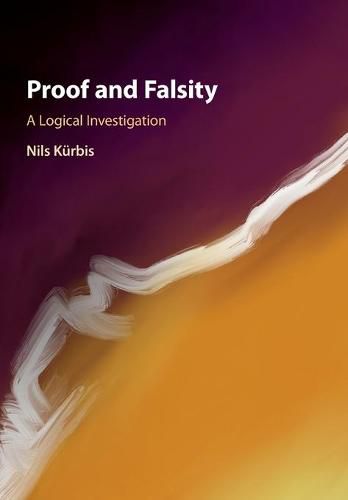Readings Newsletter
Become a Readings Member to make your shopping experience even easier.
Sign in or sign up for free!
You’re not far away from qualifying for FREE standard shipping within Australia
You’ve qualified for FREE standard shipping within Australia
The cart is loading…






This book argues that the meaning of negation, perhaps the most important logical constant, cannot be defined within the framework of the most comprehensive theory of proof-theoretic semantics, as formulated in the influential work of Michael Dummett and Dag Prawitz. Nils Kurbis examines three approaches that have attempted to solve the problem - defining negation in terms of metaphysical incompatibility; treating negation as an undefinable primitive; and defining negation in terms of a speech act of denial - and concludes that they cannot adequately do so. He argues that whereas proof-theoretic semantics usually only appeals to a notion of truth, it also needs to appeal to a notion of falsity, and proposes a system of natural deduction in which both are incorporated. Offering new perspectives on negation, denial and falsity, his book will be important for readers working on logic, metaphysics and the philosophy of language.
$9.00 standard shipping within Australia
FREE standard shipping within Australia for orders over $100.00
Express & International shipping calculated at checkout
This book argues that the meaning of negation, perhaps the most important logical constant, cannot be defined within the framework of the most comprehensive theory of proof-theoretic semantics, as formulated in the influential work of Michael Dummett and Dag Prawitz. Nils Kurbis examines three approaches that have attempted to solve the problem - defining negation in terms of metaphysical incompatibility; treating negation as an undefinable primitive; and defining negation in terms of a speech act of denial - and concludes that they cannot adequately do so. He argues that whereas proof-theoretic semantics usually only appeals to a notion of truth, it also needs to appeal to a notion of falsity, and proposes a system of natural deduction in which both are incorporated. Offering new perspectives on negation, denial and falsity, his book will be important for readers working on logic, metaphysics and the philosophy of language.